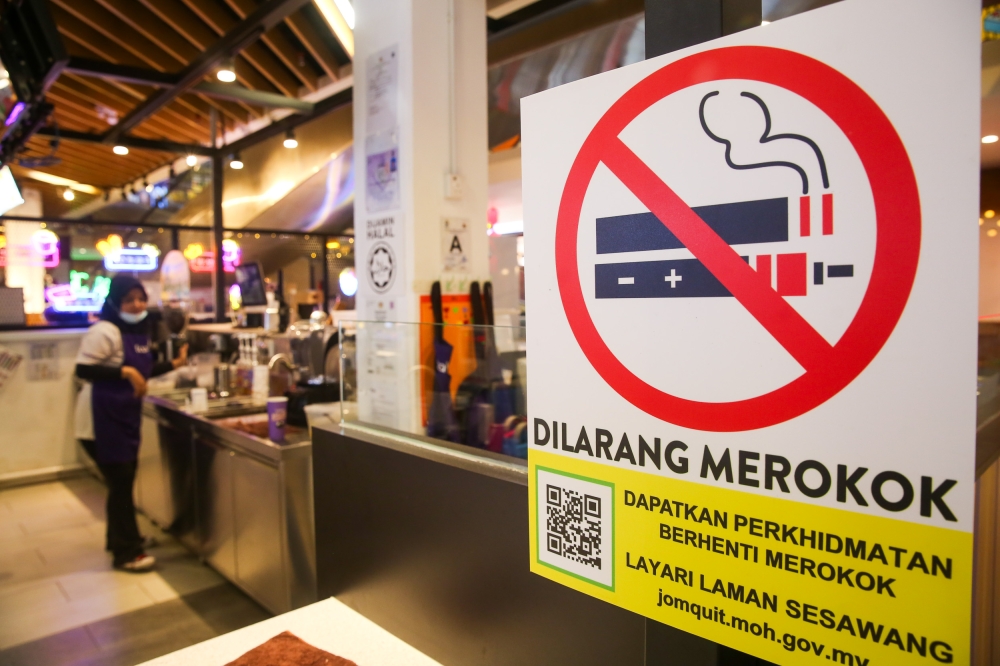KUALA LUMPUR, Oct 7 — The Health Ministry (MOH) is pressing ahead with its plan for a nationwide vape ban and projects that healthcare costs for vape-related illnesses could soar to RM400 million by 2030.
Deputy Health Minister Lukanisman Awang Sauni said the ministry is preparing to submit a Cabinet memorandum as part of efforts to realise the move.
“According to a Revelatory Impact Analysis or RIA that we have conducted, the estimated cost for treating diseases linked to e-cigarettes such as e-vali has already reached RM244.8 million,” he said in the Dewan Rakyat today.
E-vali refers to e-cigarette or vaping product use-associated lung injury.
Lukanisman said the ministry plans to submit a joint memorandum to the Cabinet to propose a total vape ban, as it does not want to waste public resources on vape-related diseases.
“If this continues, we may be forced to spend more than RM300 or RM400 million by 2030,” he said.
Lukanisman was responding to Bersatu’s Tanjong Karang MP Datuk Dr Zulkafperi Hanapi, who questioned why the ministry appeared “backward, unconcerned, or insensitive” compared to state governments like Johor, Kelantan, Terengganu, Perlis, Kedah and Pahang that have already restricted vape sales.
Lukanisman said the ministry hopes to secure strong bipartisan support for the move, stressing the need to protect children and future generations.
“We do have numbers and among these cases, 46 cases are e-vali cases, while the other 45 are non-e-vali cases involving other health complications caused by vaping.
“We do not have detailed data at this time because diseases linked to vapes are still under study,” he replied to another question from Dr Zulkafperi.
“This is precisely why, before we are exposed to even higher numbers of cases, it is better for us to move towards a total ban on vapes, like other Asean countries such as Brunei, Singapore, and Laos have done.”
Lukanisman said 37 countries have already banned vapes, noting that Malaysia should do the same to avoid fighting “a war on both traditional cigarettes and vapes.”
“Rather than fighting a war on both traditional cigarettes and vapes, it is better for us to eliminate or ban one of the existing harms now,” he said.
He added that the global shift toward banning vapes reflects a growing recognition of the rising costs of youth addiction and public health care.






